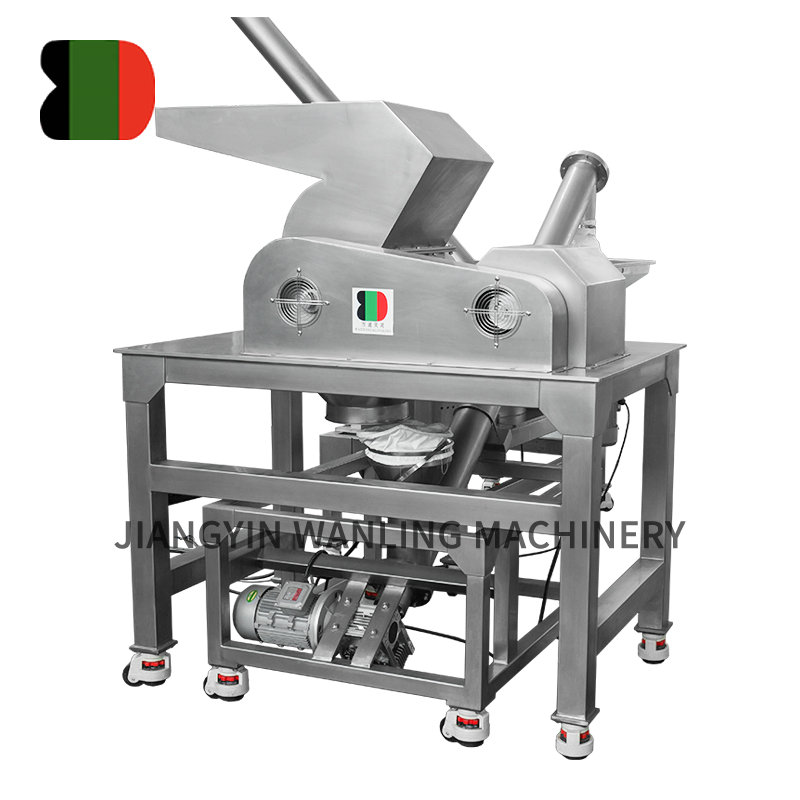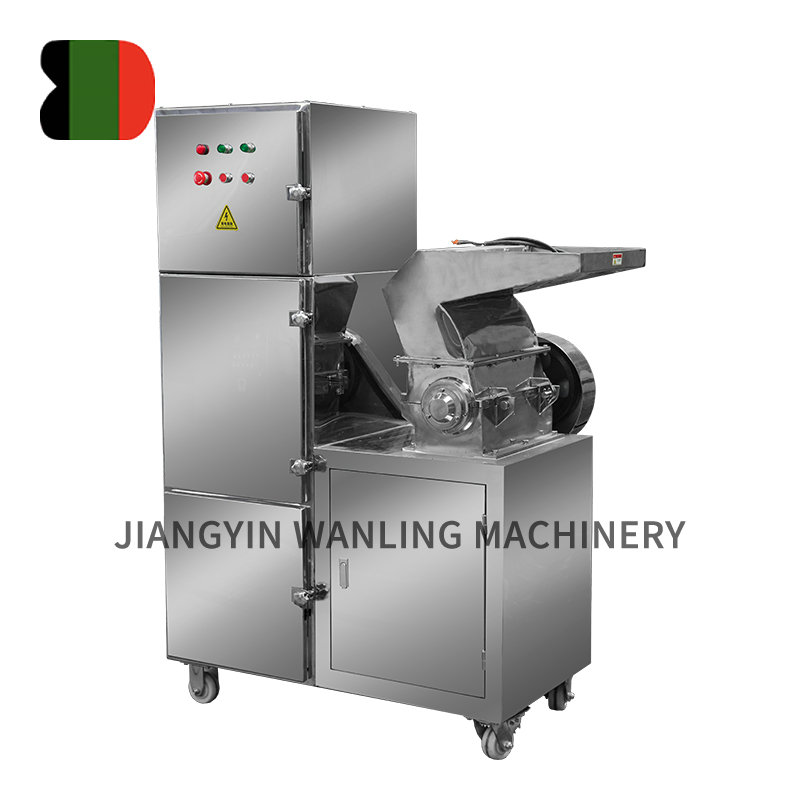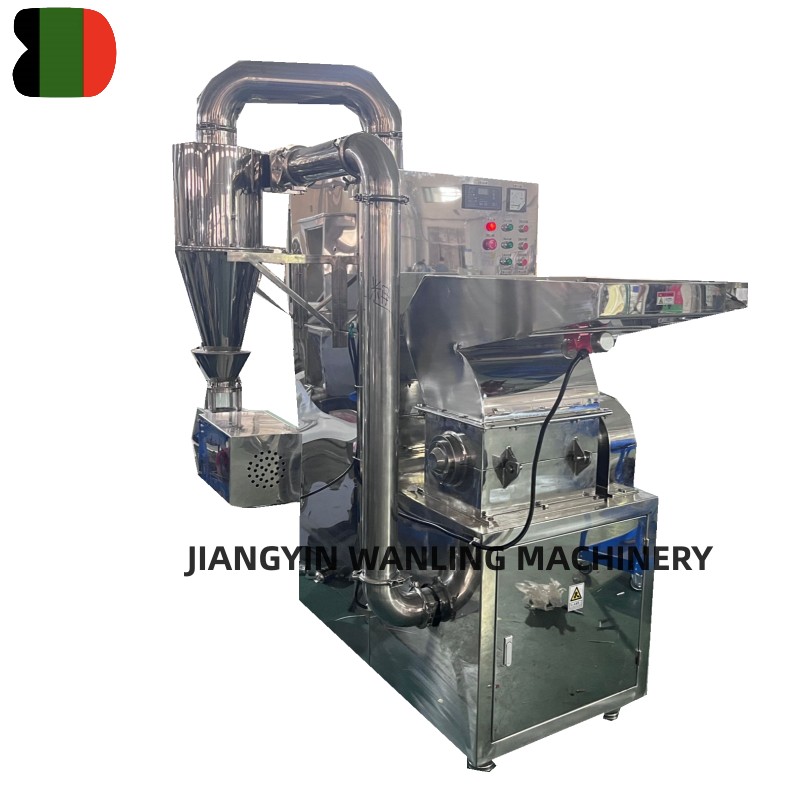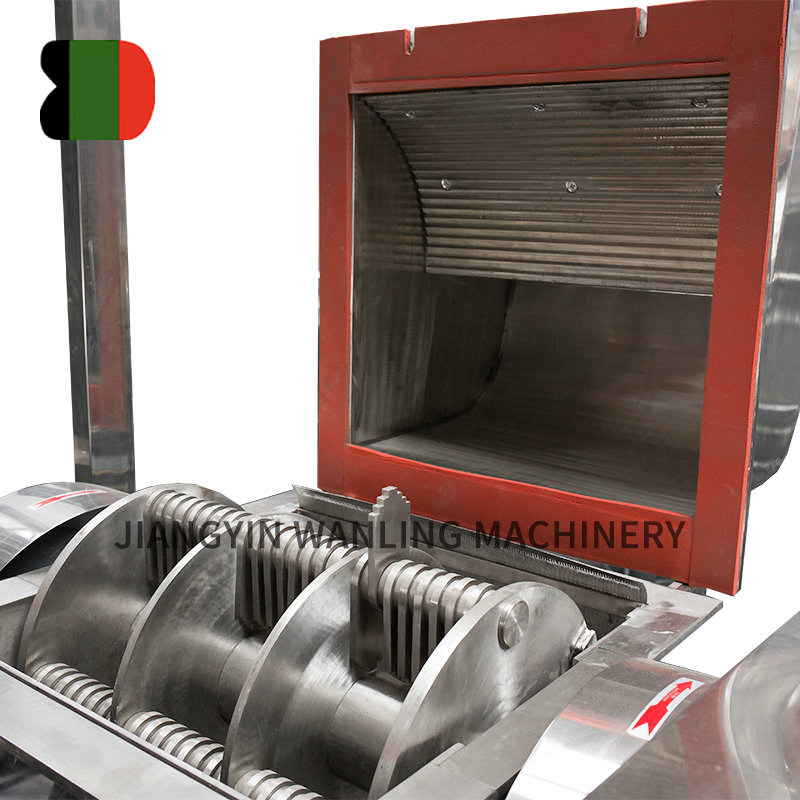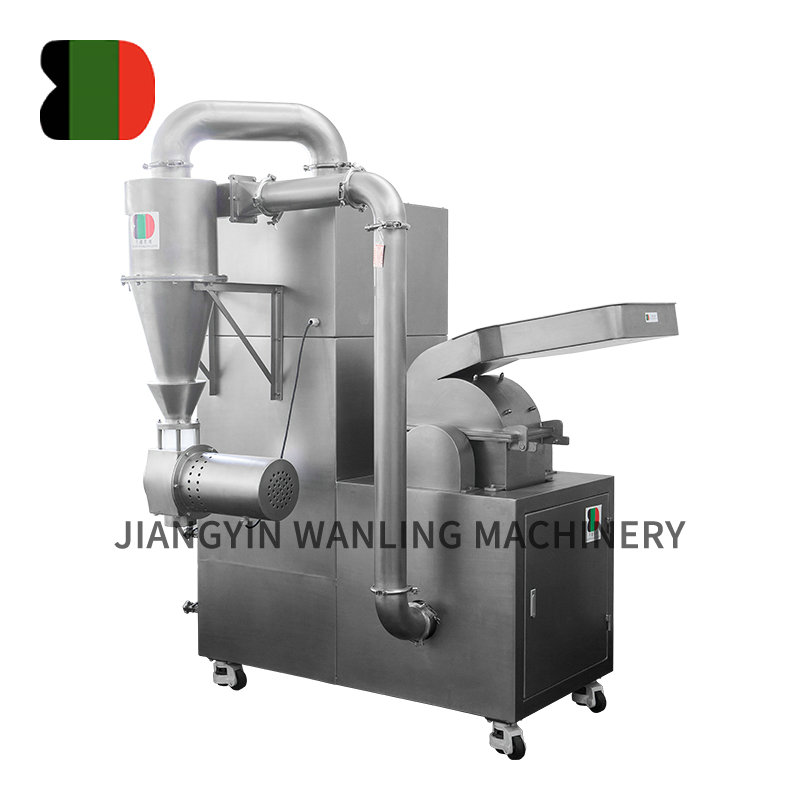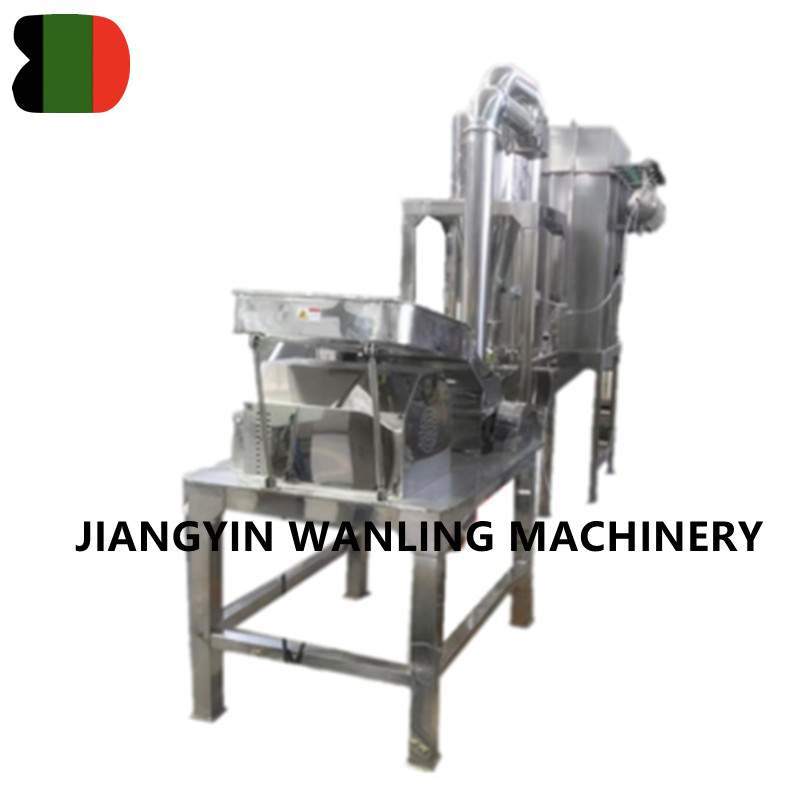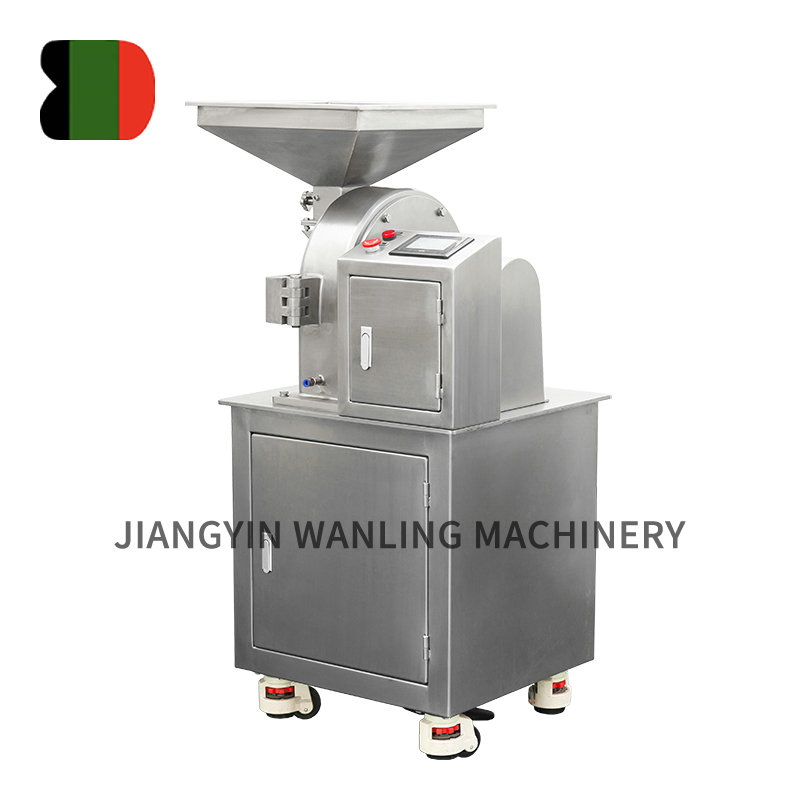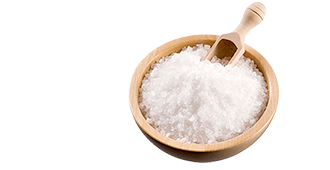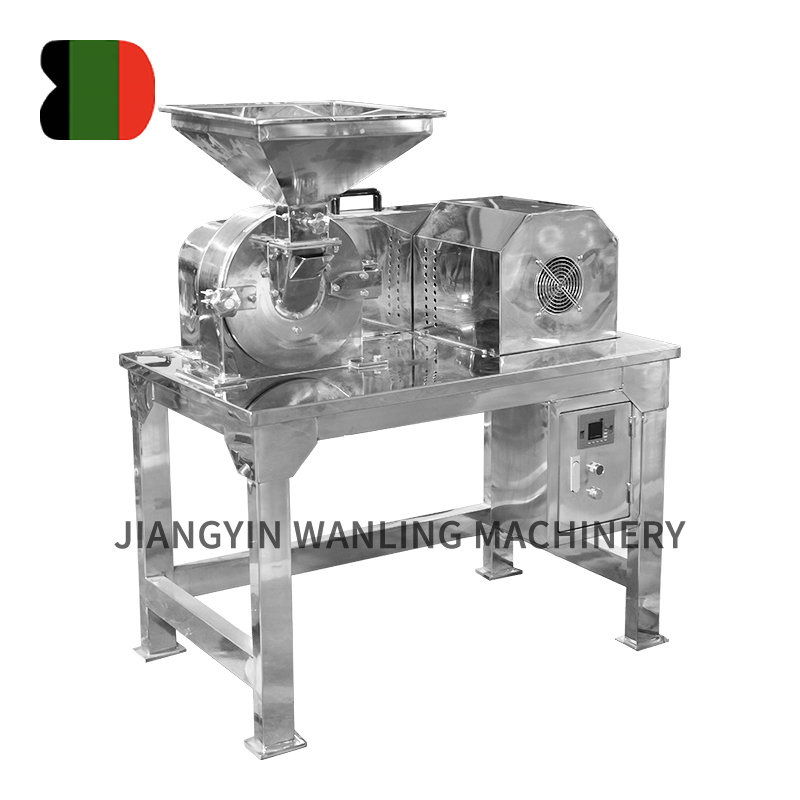The type of screen used in a swing granulator plays a crucial role in determining the texture and consistency of the granules produced. Here’s how different aspects of the screen can impact these qualities:
Screen Mesh Size
Granule Size: The mesh size (or the size of the openings in the screen) directly controls the size of the granules. A finer mesh will produce smaller, finer granules, while a coarser mesh will result in larger, coarser granules.
Texture Consistency: A uniform mesh size across the screen ensures that all granules are consistently sized, leading to a more uniform texture. Inconsistent mesh sizes can cause variations in granule size, leading to an uneven texture.
Screen Material
Durability and Wear: The material of the screen affects its durability and resistance to wear, especially when processing abrasive materials. Screens made of harder materials, like stainless steel, are more durable and maintain consistent granule size and texture over time.
Surface Finish: The surface finish of the screen can influence how easily materials pass through. A smoother surface allows for easier flow and less sticking, leading to more consistent granulation.
Screen Thickness
Granule Shape: The thickness of the screen can influence the shape of the granules. Thicker screens might produce more rounded granules, while thinner screens could result in sharper-edged granules. This affects both the texture and feel of the final product.
Resistance to Deformation: Thicker screens are less likely to deform under pressure, ensuring more consistent granule production over time. If a screen deforms, it could lead to inconsistent granule sizes.
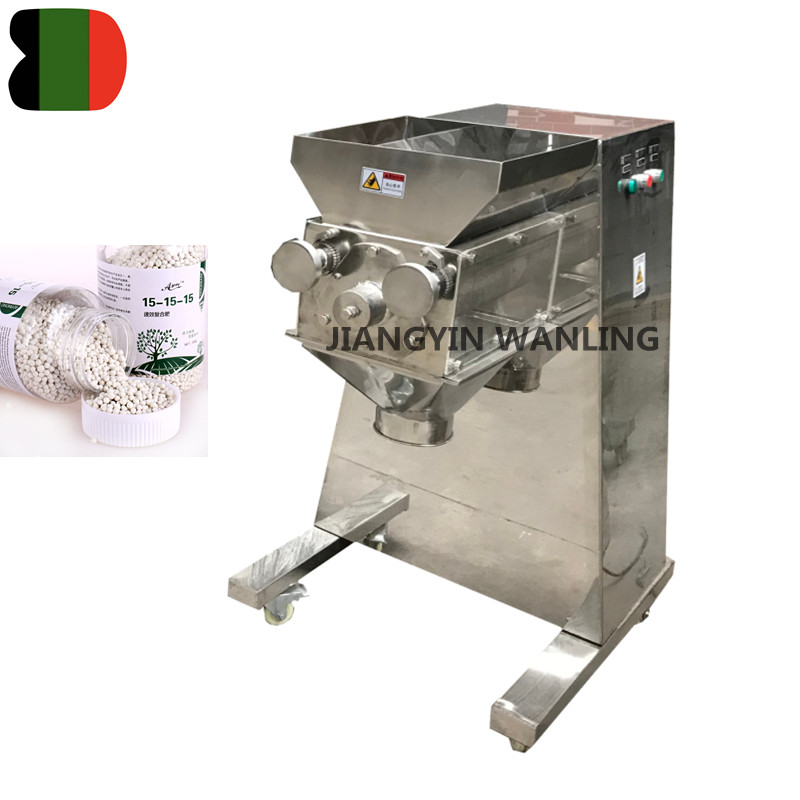
Screen Hole Shape
Granule Uniformity: The shape of the holes in the screen (round, square, or slotted) can impact the shape and uniformity of the granules. Different hole shapes may be better suited to different materials, leading to variations in granule texture.
Flow Characteristics: Hole shape can also affect how materials flow through the screen. Some shapes may promote smoother flow, reducing the risk of clogging and ensuring more consistent granulation.
Screen Tension
Granule Consistency: Properly tensioned screens ensure that the material is evenly distributed and granulated consistently. A screen that is too loose or too tight can cause irregularities in the granulation process, affecting the texture and consistency of the granules.
Screen Cleaning and Maintenance
Avoiding Clogging: Regular cleaning and maintenance of the screen prevent clogging, which can lead to inconsistent granule sizes and textures. A clean screen ensures that materials flow freely and granules are uniform.
Screen Lifespan: Well-maintained screens last longer and consistently produce high-quality granules. Damaged or worn screens can create inconsistencies in granule texture and size.
The type of screen used in a swing granulator affects the granule size, shape, uniformity, and overall texture. Choosing the right screen based on material properties and desired outcomes is essential for producing consistent and high-quality granules.



 Español
Español